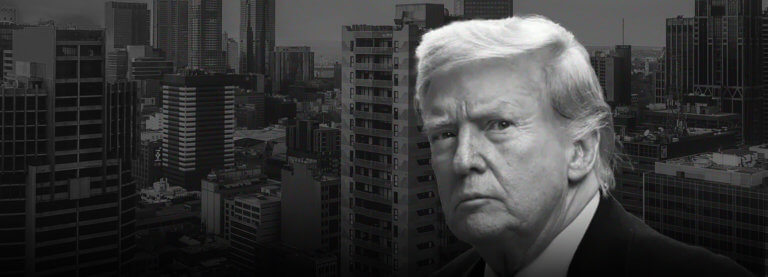
The topic of that episode was the wealth gap in the United States.
“And make no mistake: we are at cinnamon-dangerous levels right now,” Oliver continued.
Those “cinnamon-dangerous levels” were exposed in a new and chilling light this week when one of the country’s leading economists and a Nobel laureate in economics, Joseph Stiglitz, released a report about the status of our current economy, and found the past 35 years of policies have led to a vast concentration of wealth among the richest Americans, while the middle has remained stagnant in terms of economic mobility.
The report, “Rewriting the Rules of the American Economy: An Agenda for Growth and Shared Prosperity,” was published by the Roosevelt Institute, and is larger than any candidate or administration. It’s designed to urge leaders from both parties to explore ways to rethink the way economic policies work in the country.
Rather than criticizing how our economy got to where it is today, Stiglitz pushes for a fundamental shift in how we do business in America:
It’s not just a matter of redistribution. Rewriting the rules of our market economy would reduce inequalities in market incomes.

The report found that in 1965, CEOs made 20 times the amount of annual income that workers made; by 2013 that number had skyrocketed to 295 times the amount that an average worker made. Another startling fact pointed out that if the government were to increase the tax rate only 5 percent on the top 1 percent of the wealthiest earners in the country, it would generate an additional $1-1.5 trillion over ten years, which the report suggests would be enough to cover universal preschool for kids across the country, as well as possibly making a significant dent in the massive pot of student loan debt.
For Minnesotans, the pay gap between average workers and CEOs is even wider: CEOs here made 305 times the amount of pay that most workers took home.
Some economic developments over the past three decades, such as trickle-down economics and the philosophy that markets work perfectly on their own, have created a path wherein America’s middle class has been “decimated.” Stiglitz urges repeatedly in the report that “piecemeal policy responses will not suffice.”
Rather, rewriting the rules with a focus on restoring the balance of power between the wide variety of competing interests that make up the economy, as well as focusing on policies to help those who are struggling financially, would expand opportunity for all Americans.
We may be at “cinnamon-dangerous levels” of income inequality right now, but as Stiglitz starts out the report: “Inequality is not inevitable.”


